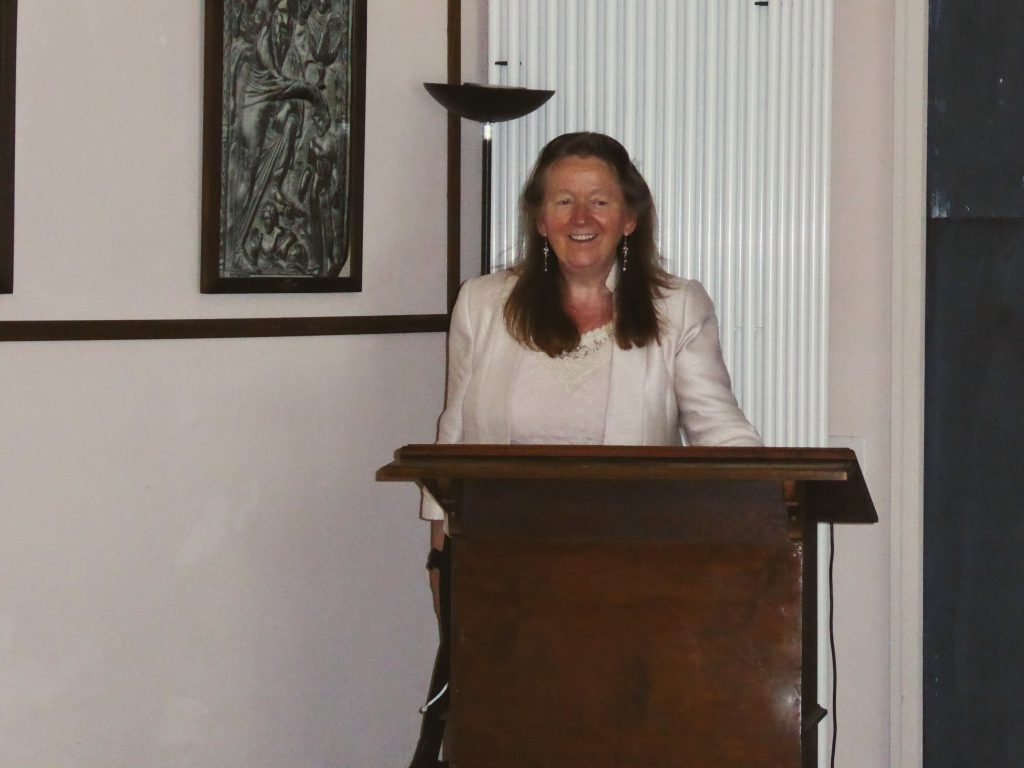SuperVision meetings are available in person and online.
So what is SuperVision?

Psychotherapy and SuperVision are two separate activities with different aims and objectives. SuperVision in the profession of counselling and psychotherapy aims to be a collaborative, insightful and helpful encounter in contrast to line management supervision.
Mary’s Supervision training was with Dr. Val Wosket – author of The Therapeutic Use of Self and, with Steve Page, Supervising the Counsellor: A Cyclical Model.
SuperVision is a process of critical reflection on a person’s work which aims to facilitate transformative learning to take place. Increasing awareness of the many intricate aspects of mature healthy human relating is often a primary task of SuperVision.
SuperVision at its best provides a place to develop your skills in a safe, and at times challenging, learning environment. The SuperVision process is grounded in a co-created professional alliance between Mary and the supervisee (the person seeking SuperVision).
The client testimonials page will give you some sense of how others experienced working collaboratively with Mary.
SuperVision is currently an on-going requirement in counselling, psychotherapy, and many other therapeutic disciplines. Other professionals increasingly seek SuperVision as an invaluable resource: lawyers, managers, tax consultants, complementary therapeutic practitioners, spiritual directors, Gardai, fire service personnel, and people in religious life are but some examples. Engaging an objective professional perspective can often help one to see new possibilities in a challenging situation.
SuperVision provides an opportunity to explore work or business related issues with view to Continued Professional Development (CPD) which is increasingly becoming a requirement in many professions, particularly when interpersonal skills are a core competency. CPD certificates can be provided as required.
The word ‘SuperVision’ is deliberately presented here differently than usual. The depth of meaning of the process of SuperVision itself is best captured visually by this particular representation. The Concise Oxford Dictionary defines ‘Super,’ as excellence, which parallels the suggestion that good SuperVision will always strive for excellence even in the face of adversity. ‘Vision’ is defined as ‘the faculty or state of being able to see’ or ‘the ability to think about or plan the future with imagination or wisdom.’ These definitions indicate what can happen in effective SuperVision when we are willing to respectfully invite and embrace previously unknown aspects of ourselves that may not be uncovered elsewhere.
Everything that irritates us about others can lead us to an understanding of ourselves.
C. G. Jung